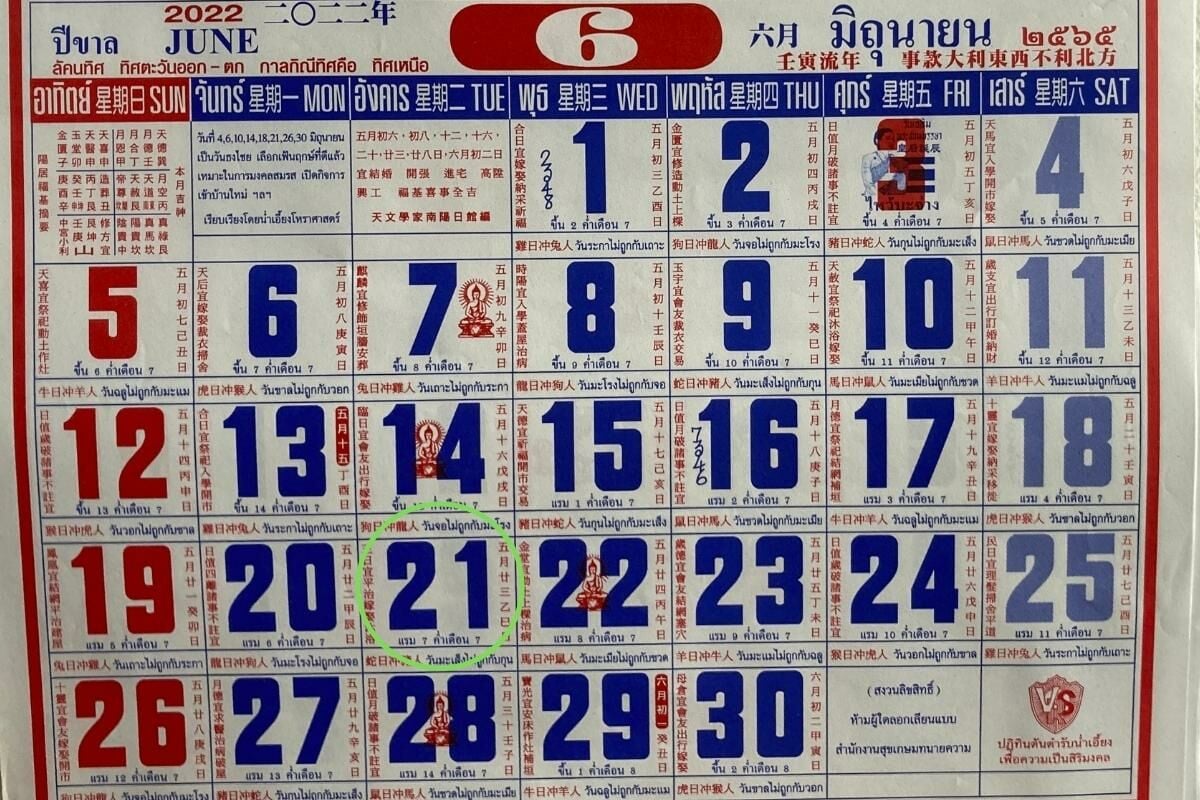ป้ายกำกับ: Traditional Calendar
The Timeless Wisdom of the Traditional Calendar: A Guide to Understanding Time
Have you ever wondered why we celebrate certain holidays on specific dates? Or why some days are considered lucky while others are unlucky? The answers lie in the wisdom of the Traditional Calendar, a system of timekeeping that has guided humanity for millennia.
This calendar, unlike the Gregorian Calendar we use today, isn’t just about keeping track of days and months. It’s a tapestry woven with cultural beliefs, astrological observations, and the rhythms of nature.
Understanding the Roots of the Traditional Calendar
The Traditional Calendar has its roots in ancient civilizations. The Egyptians, for example, developed a calendar based on the flooding of the Nile River, marking the start of a new year with the rising of the star Sirius. The Chinese calendar, based on lunar cycles, has been used for over 4,000 years and continues to influence their cultural practices.
These calendars were not just about timekeeping; they were also deeply entwined with religious beliefs. The Egyptians honored their gods through festivals timed with the lunar cycle. In ancient China, the Traditional Calendar dictated auspicious times for everything from weddings to business ventures.
The Cycles of Nature and the Traditional Calendar
The Traditional Calendar recognized the interconnectedness of humans with the natural world. It marked the changing seasons, the phases of the moon, and the cycles of agriculture. This understanding of nature’s rhythms allowed people to anticipate weather patterns, plan planting and harvesting, and celebrate the bounty of the earth.
For example, the Traditional Calendar often designates certain days as auspicious for planting crops or performing rituals related to fertility. These practices reflect a deep respect for nature’s power and a desire to live in harmony with its cycles.
Exploring the Traditional Calendar Today
While the Traditional Calendar might seem like a relic of the past, its influence continues to resonate in modern cultures. In East Asia, the Lunar New Year is still widely celebrated, and many people consult the Traditional Calendar for auspicious dates for weddings and other significant events.
Even in the West, the Traditional Calendar continues to shape our understanding of time. The names of our months, based on Roman mythology, are a testament to its enduring legacy.
The Traditional Calendar: A Legacy of Wisdom
The Traditional Calendar is more than just a system of timekeeping; it’s a reflection of humanity’s deep connection to nature, our cultural beliefs, and our desire to find meaning in the flow of time.
Exploring the Traditional Calendar can offer a deeper understanding of our own history, culture, and place in the world. It’s a reminder that time isn’t just a linear progression; it’s a cycle of growth, renewal, and interconnectedness.
Traditional Calendar, Lunar Calendar, Chinese Calendar, Astrological Calendar, Auspicious Dates, ตัดผมวันไหนดีพฤษภาคม 2567

